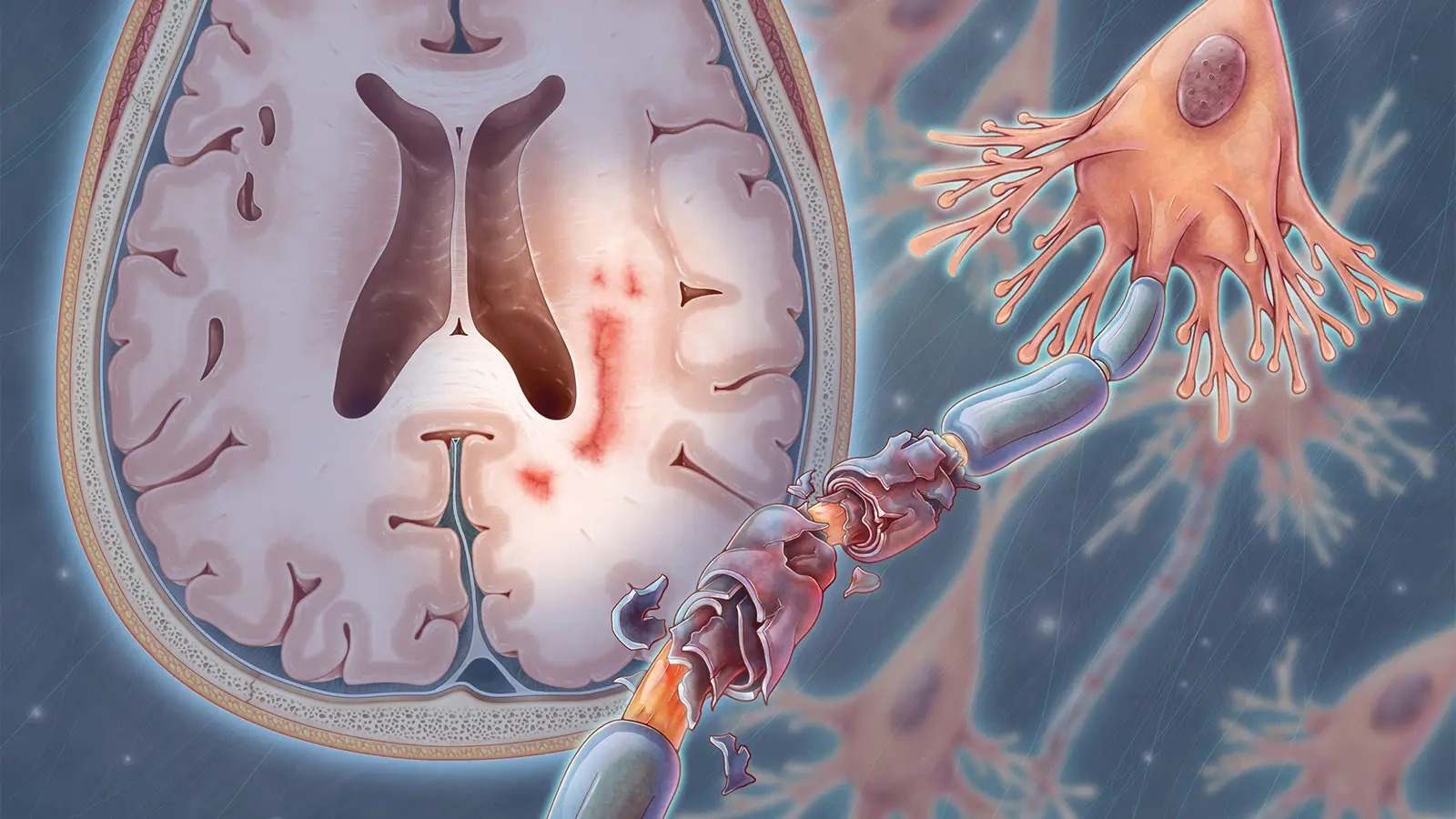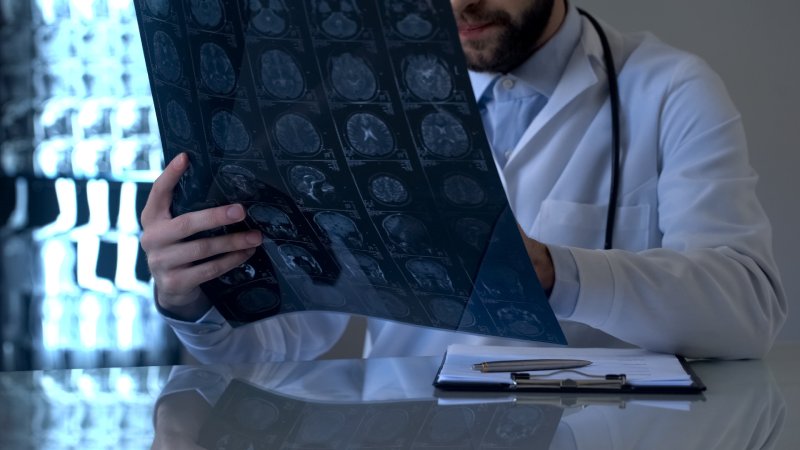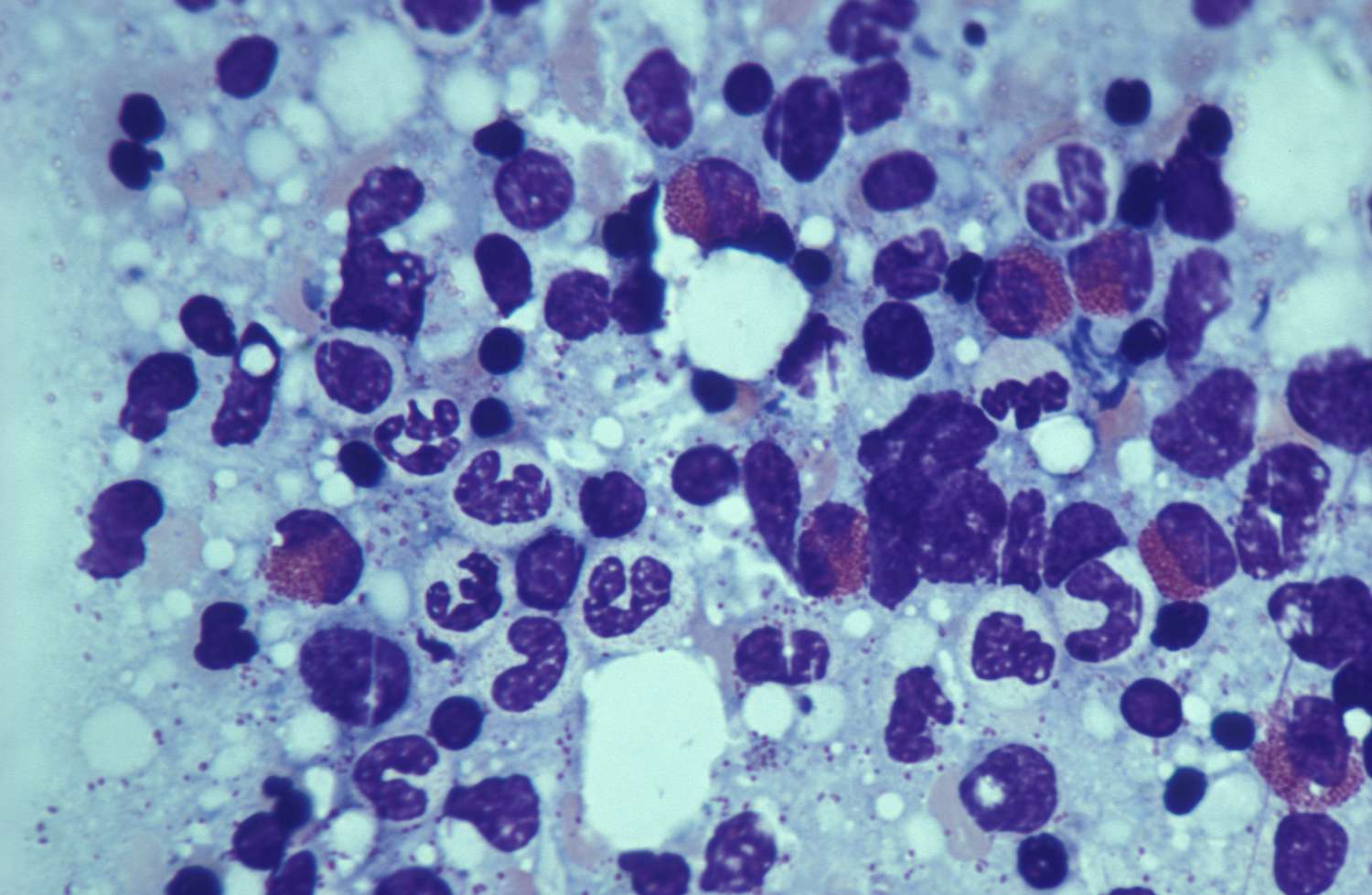Calls for Ukraine
Calls for Europe
Calls for USA

Multiple sclerosis is a chronic neurological disease that affects the central nervous system. It affects approximately 2.5 million people worldwide and is one of the most common causes of disability in young people.
Unfortunately, the currently used therapeutic strategy does not lead to a cure for the disease, but only helps to slow down its progression. Therefore, scientists are actively looking for new therapies, and the use of stem cells is one of the most promising areas in this area.
Multiple sclerosis is a disease in which the immune system mistakenly attacks the myelin sheath cells of nerve fibers. The myelin sheath can be compared to the insulating layer of a cable, whose function is to electrically insulate the nerve, protect it and ensure the proper functioning of the nervous system. Damage or degeneration of this protective layer causes nerve dysfunction.
To date, there are no preventive measures that would help prevent the development of MS. This disease is associated with a violation of the immune system and the mechanisms of its occurrence are not fully understood. To rule out indirect risk factors, doctors advise maintaining a healthy weight, quitting smoking, and getting enough vitamin D.
While there is no single, specifically designed diet for MS patients, doctors recommend eating more fruits and vegetables, unsaturated fats, lean meats and fish, nuts, legumes, and whole grains. At the same time, it is worth reducing the amount of processed foods, red meat, salty and sweet foods in the diet, and giving up alcohol.
The causes of multiple sclerosis are not fully understood. It is believed that the occurrence of MS is associated with genetic, immunological, infectious and environmental factors. The following triggers may increase the risk of the disease:
Today, active research is underway to study the mechanisms of the development of the disease and the search for effective methods of its treatment.

The first signs may vary depending on the type of disease and the individual characteristics of the person. Most patients experience:
It is important to note that these symptoms can also be caused by other diseases, so for an accurate diagnosis of MS, it is necessary to consult a neurologist.
Multiple sclerosis leads to impaired coordination of movements, decreased visual acuity, problems with memory and thinking, fatigue, and depression. The disease gradually progresses, and its manifestations become more and more pronounced. Symptoms may increase as a result of physical or emotional stress, and temporarily disappear during periods of remission. However, over time, they become more persistent and have a significant negative impact on the patient’s quality of life.

Multiple sclerosis is diagnosed by a neurologist. Most often, the examination includes the following diagnostic tests:
If necessary, the doctor may prescribe other diagnostic procedures to clarify the diagnosis and select the most optimal therapeutic tactics.
Current pharmacological therapies target the immune system. There are drugs that slow down the destruction of the myelin sheath of nerve fibers. However, this treatment is not able to completely stop the progression of the disease and repair the damage that has already occurred. Stem cell therapy has the potential to repair damaged myelin, making it a promising treatment for multiple sclerosis.
Currently, hematopoietic stem cells (HSCs), which are located in the bone marrow and give rise to all blood cells, including most cells of the immune system, are actively used for the treatment of MS. Since multiple sclerosis is associated with a malfunction of the immune system, it is HSC that is used to treat this serious disease.
Research shows that autologous hematopoietic stem cell transplantation helps reduce relapse rates and slow down disability in people with multiple sclerosis, especially in younger patients with a highly active form of the disease. Many people also report improved quality of life and reduced symptoms of multiple sclerosis after cell therapy.

A 2022 meta-analysis that pooled data from several previously published studies examined disease outcomes after aHSC transplantation in 4831 people with multiple sclerosis. Data are from 50 published studies, including eight clinical trials.
Five years after cell therapy:
MedTour closely follows innovative developments in the field of medicine. Today we can offer patients a unique opportunity to treat multiple sclerosis with stem cells. This is a new technique that has already proved its effectiveness. Call the numbers listed on the website or fill out the feedback form to get a free consultation from the MedTour coordinating doctor.
A rehabilitation program for MS may include the following activities:
Rehabilitation measures are selected for each patient individually, taking into account the symptoms, type and severity of the disease. The recovery program helps to maintain maximum mobility, independence and quality of life. The use of stem cells can improve rehabilitation outcomes, since cell therapy is aimed at restoring the function of damaged nerves.
The life expectancy of a patient with MS depends on many factors, such as the form of the disease, the age at which it was diagnosed, the presence of comorbidities, and the effectiveness of treatment.
Most patients live long enough to die of natural causes. However, in some people, multiple sclerosis progresses faster and leads to disability, which shortens life expectancy. Innovative therapies, such as cell therapy, are aimed at stopping the progression of the disease, restoring impaired functions, and improving the quality and length of life of people with MS.
Medtour cooperates with the best clinics for the treatment of multiple sclerosis. Today, we provide patients with a unique opportunity for cell therapy for this serious disease. The effectiveness of stem cell therapy has been proven in clinical trials. To learn more about the innovative therapy method, call or fill out the feedback form. The medical coordinator of MedTour will answer all your questions and help you organize treatment for free.
MedTour cooperates with leading doctors who treat multiple sclerosis. If you are interested in the possibility of using cell therapy, you can consult online with a rehabilitation doctor Ivan Badyin, Ph.D., who has been treating and restoring the body with stem cells for over 20 years.
What determines the effectiveness of cell therapy in multiple sclerosis?
Several factors affect the effectiveness of autologous hematopoietic stem cell transplantation (aHSCT) for multiple sclerosis, including:
Can stem cell therapy cure multiple sclerosis?
Research shows that some stem cell therapies can significantly slow the progression of multiple sclerosis. In particular, autologous hematopoietic stem cell transplantation is considered generally effective in reducing disease activity and slowing the progression of disability, especially in young people with aggressive relapsing disease resistant to highly effective disease-modifying drugs.
How effective is stem cell therapy for multiple sclerosis?
According to an analysis of published studies, about two-thirds of people with multiple sclerosis who underwent hematopoietic stem cell transplantation had no disease activity for five years after the procedure. This means that these patients did not have relapses, progression of disability, and new myelin lesions detected on MRI.
Please rate the work of MedTour
